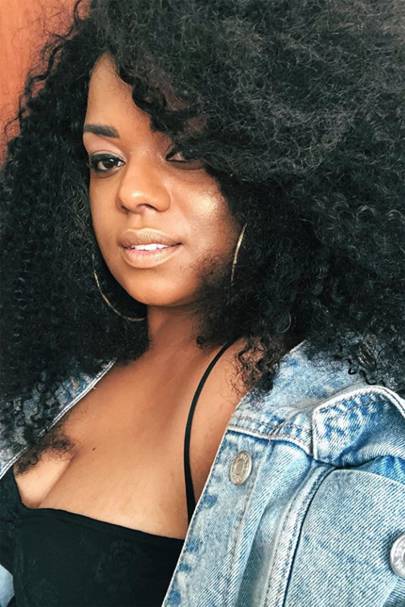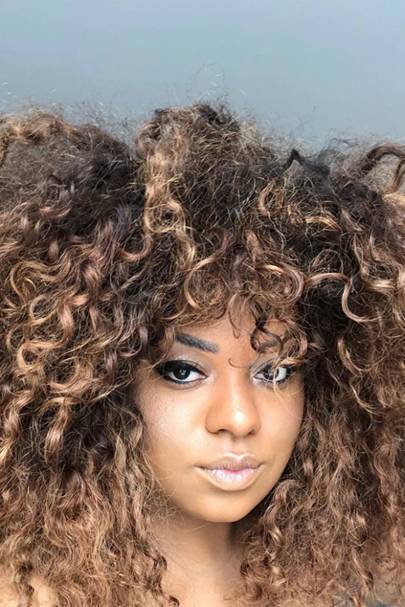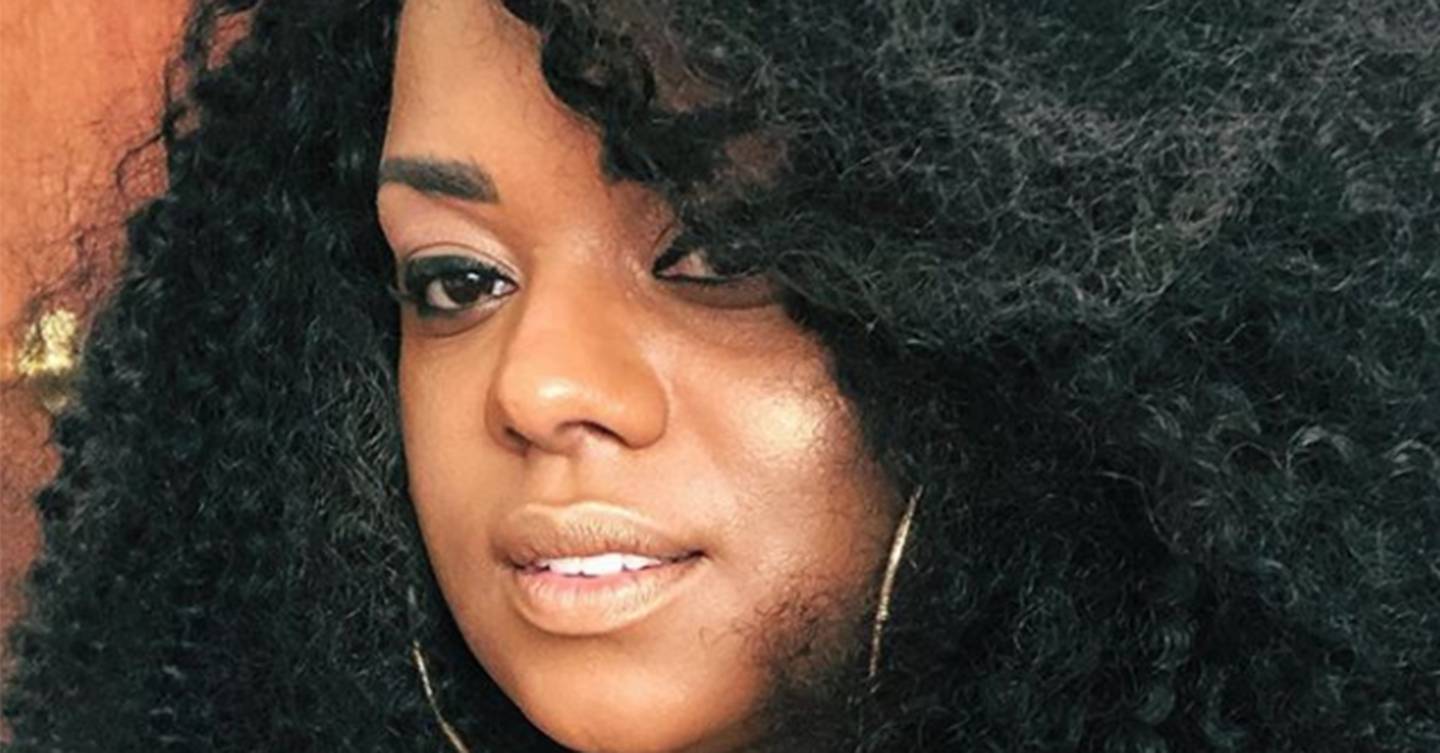People are marching, reading and donating across the world to protest racial injustice and systemic racism right now… but we need to build a long-term strategy of anti-racism and non-optical solidarity.
That’s exactly why we are heeding the advice of industry professionals who are speaking out on how we can support black beauty experts moving forward.
One such piece of advice on how to support black hairstylists by Naeemah LaFond, haircare brand amika’s Global Artistic Director, has gone viral across social media and for seriously good reason.
Naeemah, who is an innovative leader in the hair industry and has always been a champion of diversity and change, shared an incredibly informative post called ‘How Brands and Industry Decision Makers Can Support Black Hair Stylists’ on her Instagram page, which amassed thousands of messages of solidarity and praise.

@naeemahlafond / Instagram
Naeemah, who has worked in the beauty industry for years and has made a point throughout her career of supporting the voices of the black community, said her post was ‘long overdue’ and that the industry as a collective needs to ‘do better’.
In light of this, she compiled a list of action steps she said that decision makers and leaders can follow in making a real change that goes beyond a social media post.
“There’s a global conversation about racism and inequality that is taking place,” she began. “I’m optimistic in knowing that my colleagues in the hair care industry and other industries that we contribute our work to have an open ear and are reaching out to me to find out how they can do better.
“I think that outside of what is being done in your personal lives to advocate for change and injustice towards black people, that there also needs to be an internal look at your professional spaces and the changes that need to be made there.
“I believe that the first step lies in recognising the disproportionate lack of access that black people have to opportunities in this industry which lead to systemic and economic inequalities. I want to be proactive, so I’ve made a list of action steps that decision makers and leaders can follow in making a real change in our industry that goes beyond a social media post.
“We are at a historical moment and I along with many of my peers are open to having this conversation with you (as awkward as it may get) so that we can advance as an industry in a way that is in true representation of all of its artists. Our Industry as a collective needs to do better. Our craft is owed that. Let’s do the work. (Tag anyone you feel needs to see this/ fwd the information- repost it. All hands on deck.)”

@naeemahlafond / Instagram
Here are the 11 points from Naeemah’s incredibly informative and indispensable guide…
- Hire us as hair stylists on your creative teams. Don’t just put our work on your mood boards – put us on the call sheet.
- Create Equal Opportunity. Don’t ONLY hire black freelancers when you have black talent/models – we can do it all.
- Normalise black creatives in the beauty industry and in the editorial space. Publish our work in your magazines and other media platforms.
- Normalise hiring black leads. There is a fine line between being an assistant and being a ghost artist. Also, don’t only hire black assistants when you need someone to do braids or prep natural hair for you. Black assistant can also do it all too. Open the areas of opportunity.
- Be INTENTIONAL about inclusivity. We want representation in all of the opportunities not just the ones you need a black perspective or a black face for. Go out of your way to make it happen.
- Black hair stylists also have specialties and are multilayered. Recognise that we are also mega influencers, celebrity stylists, film/TV hair stylists, editorial stylists, theater hair stylists, wig specialists, hair cutting specialists, hair colour specialists, not just experts on black hair. Allow us to lend our voices to all conversations whether it be on your panels, educational platforms, or as contributors to your publications.
- Hire black educators. Put them on your teams, on your stages, and in your video tutorials. We are curriculum writers, content creators, experienced educators, and motivational public speakers.
- Add natural hair/ texture education to your repertoire. As a salon owner, make curl care and natural texture education mandatory so that your services can be available to anyone who walks into your salon. Seek those educators who specialise in this category to come into your salons and teach.
- Salon owners: Create space for equal opportunity and advancement within your teams.
- Understand that an artist being black doesn’t automatically mean that they specialise in curl care/natural texture. Some do, some don’t (see #6). Just as non-black artists have the creative freedom to do all hair without a label being imposed on them, we want the same respect. Let us tell you what our expertise is.
- Give credit. Don’t wipe out and discredit our contributions to the beauty industry by renaming and repackaging techniques that we have created or techniques that we have been using for years.
